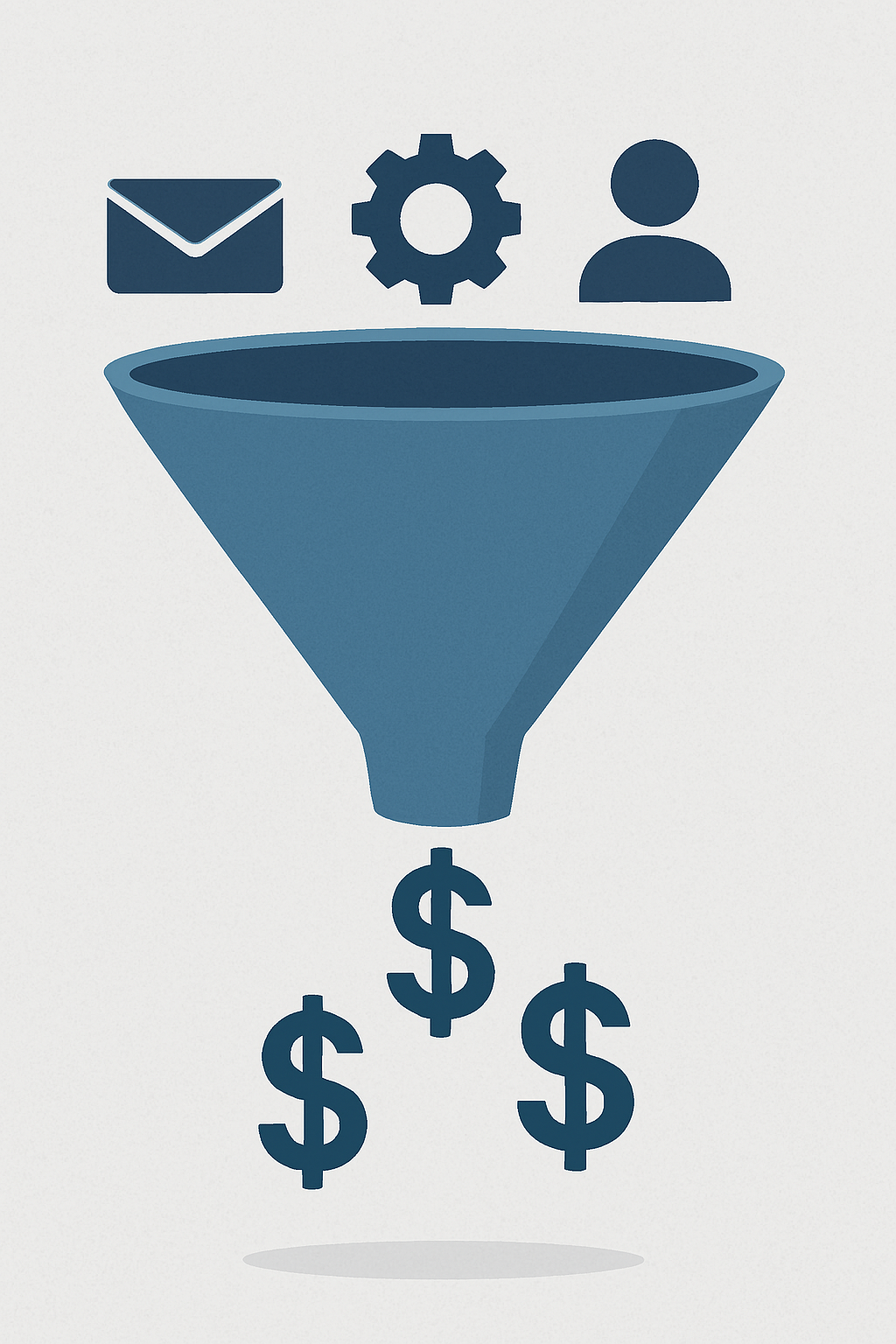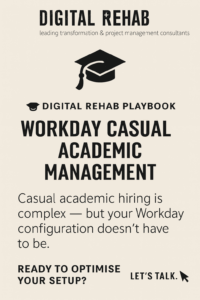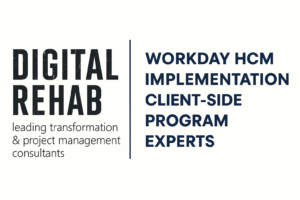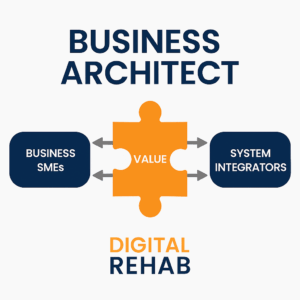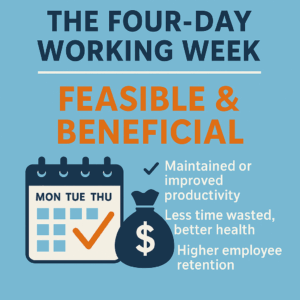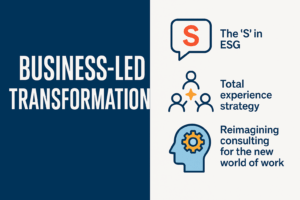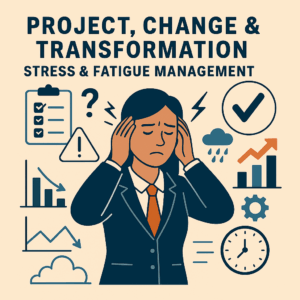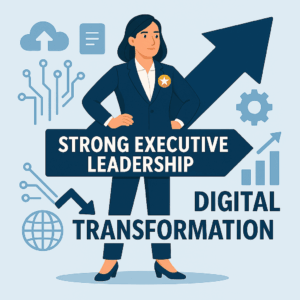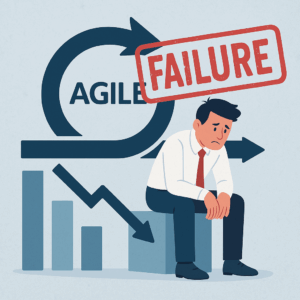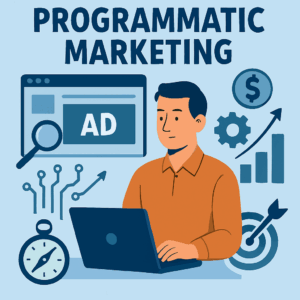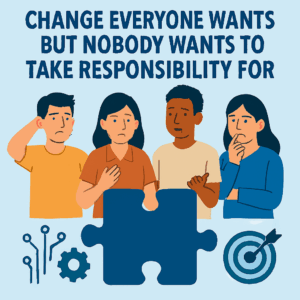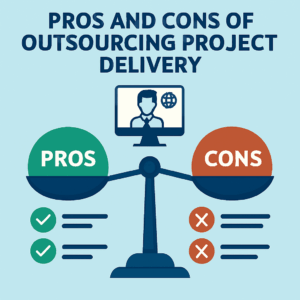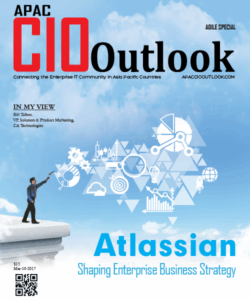Assessed by Digital Rehab
Marketing automation may not be new, but its adoption remains surprisingly sluggish. Despite its potential to deliver timely, relevant content at scale, most organisations are still grappling with how to implement it effectively.
Only 7% of marketers rate their email automation as “very successful.”
According to the Email Marketing Industry Census 2015 by Econsultancy and Adestra:
- 39% of companies say their email automation efforts are not successful
- 46% report moderate success
- Just 7% consider their campaigns very successful
Understanding the Mechanics
At its core, email automation relies on logic-driven workflows—triggered by user actions or predefined events. These triggers can initiate emails, SMS messages, or other engagement tactics. While the concept is simple, execution often proves complex.
Trigger-based automation is currently used by fewer than one-third of companies, with adoption skewed toward subscription-based or paywall-driven publishers.
What’s Holding Back Success?
Despite growing interest, 54% of marketers admit they’re not satisfied with their current automation efforts. Many cite lack of strategy, poor integration, or underdeveloped content pipelines as barriers.
However, there’s momentum building:
- 29% of respondents say their 2015 focus is on improving automated campaigns
- Businesses increasingly view automation as a pathway to relevance, efficiency, and scale
Looking Ahead
Expect a sharp uptick in adoption over the next 12–24 months. As platforms mature and marketers gain confidence, automation will become a cornerstone of customer engagement strategies—especially for organisations seeking to personalise at scale without inflating operational costs.
Would you like a companion infographic or executive summary version for stakeholder presentations? I can also help tailor this for LinkedIn or internal comms.

